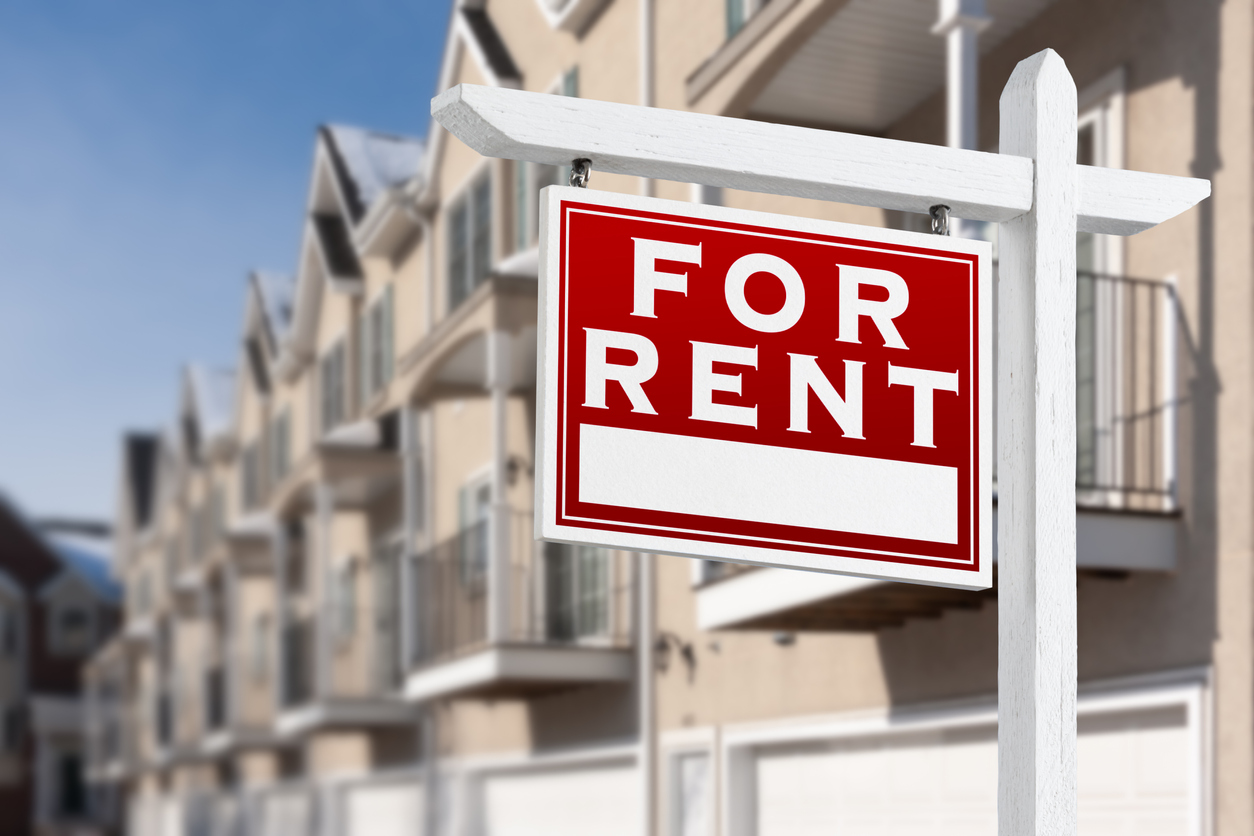Many people believe their property value alone determines how much property tax they must pay, and when the county assessor updates home values to reflect market trends, their taxes automatically go up. This is not the case.
County assessors do not levy property taxes. Elected state legislators and the local board and council members of the Washington's 39 counties, 268 cities and 1,436 other taxing districts do. Once elected officials in each taxing district decide the total dollar amount they feel they need to fund public operations for the following year, the assessor apportions that amount among the district's property owners, based on each parcel's assessed value. It is a budget-based tax system, and that is the source of most of the confusion over who is responsible for rising property taxes.
Most people are familiar with rate-based tax systems, like the state sales tax or the federal income tax. Under a rate-based system elected officials first a percentage rate which determines the fraction of each dollar of a given tax base that must be paid to the government. The revenue the government gets from such a tax cannot be known in advance; it can only be estimated.
A budget-based system like the property tax begins at the other end. Elected officials first decide how much money is they feel is needed for the budget, then divide this among the tax base to determine what rate is needed to raise that amount of revenue. The rate is expressed as so many dollars per $1,000 of assessed value. Under this system, the amount of revenue the government will collect is known from the beginning. It is the tax rate that is unknown until it is calculated by the assessor. The difference between the two systems can be expressed this way:
Rate-based system: Rate x tax base = revenue.
Budget-based system: Revenue / tax base = rate.
Once the rate is determined, the county assessor applies it to the value of each owner's property. One piece of land may fall under the jurisdiction of as many as ten separate taxing districts. The assessor adds the budget demands of the different districts together, calculates the tax rate, then mails the final bill to each property owner.
Angered by the perceived greed of local officials, voters last year passed Initiative 747, limiting the rise in annual property tax collections to 1%. While tax limits help, they only restrict how fast each district's total budget can grow from one year to the next, not the amount levied against individual properties. Also, the limit applies only to regular property tax collections, not to the yearly expansion of the tax base that results from new and remodeled buildings. They also don't apply to voter-approved levies. Many city and county councils take advantage of all these sources. They take the maximum increase allowed for regular property taxes (1%), plus whatever new taxes come in from new construction and property improvements, plus whatever added revenues have been approved by voters.
Some officials are aware of taxpayer frustration and take zero increases in their regular property tax collection, or enact increases below the 1% limit. By doing so they pass the benefit of a naturally-growing tax base on to their citizens. For example, if a new home goes up in a neighborhood and local officials hold regular property tax collections flat, the tax burden on existing homes will go down, as the newcomer assumes part of the burden. In communities where local officials view new construction as simply providing "extra" tax revenue, existing homeowners receive no relief at all when new taxpayers are added to the rolls.
If it all sounds complicated, that's because it is. Some unscrupulous officeholders take advantage of the confusion by telling people they voted to lower the property tax rate, knowing full well that rising home values will actually result in higher tax collections. That is why it is so important for citizens to know exactly who is responsible for what in our government. It is the budget decisions of elected board and council members - not the assessor's real estate calculations - that determine how much property tax we all pay. Holding the right officials accountable is the first step to restoring trust and fiscal sanity to local government.





